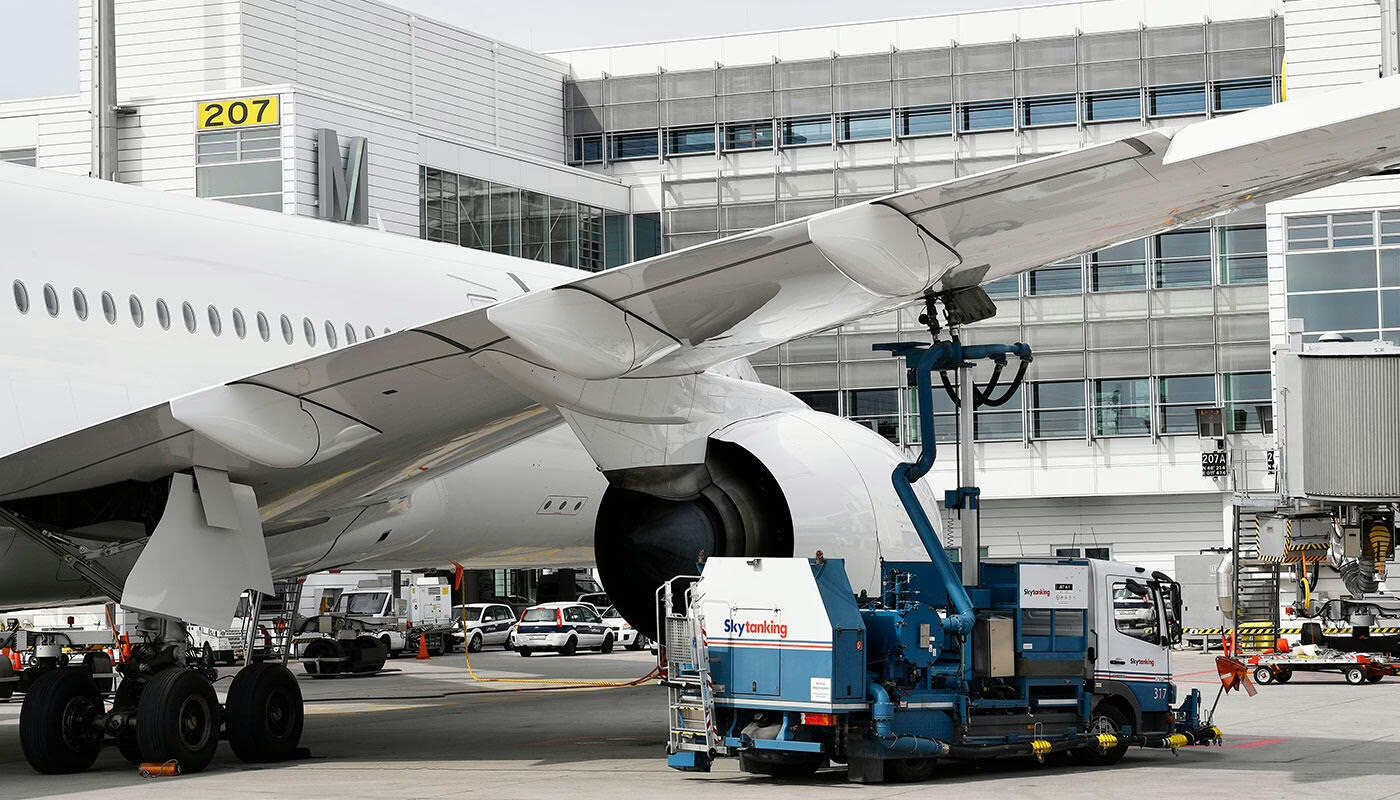
Credit: Munich Airport
The European Parliament has voted to increase the minimum share of sustainable aviation fuels (SAF) that should be made available at EU airports in coming years. It also amended the types of fuel that fall within the ambit of SAF and proposed a new fund to accelerate their introduction...
Subscription Required
This content requires a subscription to one of the Aviation Week Intelligence Network (AWIN) bundles.
Schedule a demo today to find out how you can access this content and similar content related to your area of the global aviation industry.
Already an AWIN subscriber? Login
Did you know? Aviation Week has won top honors multiple times in the Jesse H. Neal National Business Journalism Awards, the business-to-business media equivalent of the Pulitzer Prizes.
